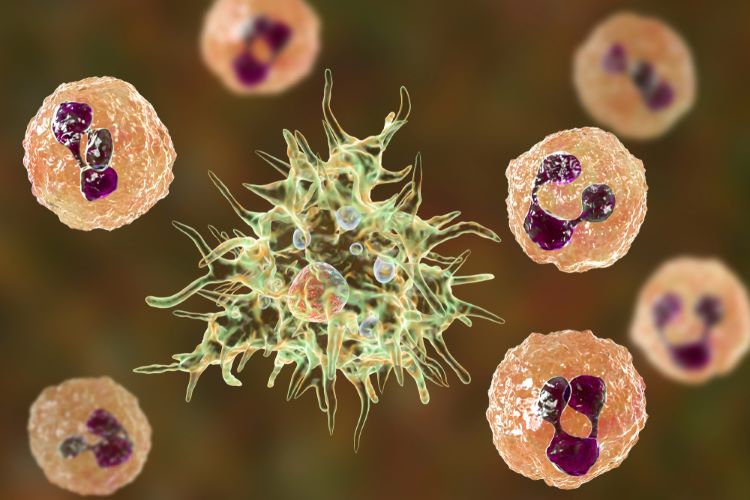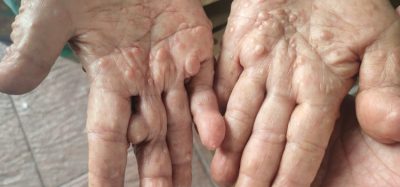European Commission licenses first treatment for acanthamoeba keratitis
Following its European approval, the small molecule treatment is set to become the standard of care for patients with the ultra-rare disease.
The European Commission has granted the first approval for a medicine to treat acanthamoeba keratitis, an ultra-rare corneal infection that can lead to blindness. Akantior ® (polihexanide) is indicated for individuals from 12 years old in Europe.
SIFI, the international ophthalmic company that developed Akantior, explained that the parasitic infection is caused by the free-living amoeba, acanthamoeba.
As an anti-amoebic polymer, the small molecule treatment Akantior “acts on both the trophozoites and cysts of the protozoan acanthamoeba”.
The concentration of the formulation means the treatment can be administered ocularly via eye drops packaged in single-dose containers, according to SIFI.
Significance of the approval of Akantior
“For the first time in Europe [acanthamoeba keratitis] patients have an approved therapy, marking a new era in the treatment of this disease”
“For the first time in Europe [acanthamoeba keratitis] patients have an approved therapy, marking a new era in the treatment of this disease,” commented Fabrizio Chines, Chairman and CEO of SIFI.
“Akantior, when used as monotherapy with the trial’s treatment protocol, achieves medical cure rates of over 86 percent and is set to become the standard of care for [acanthamoeba keratitis],” stated Professor John Dart, of Moorfields Eye Hospital and the UCL Institute of Ophthalmology, Principal Investigator of the Phase III ODAK trial.
“This breakthrough offers significant improvement over current treatment options and has the potential to prevent blindness and save eyes…the detailed treatment delivery protocol used in the Phase III trial…eliminates the need for the variable individualised treatment delivery currently used for patients, providing an effective standardised approach that can be followed by any clinician and which has been shown to be effective, not only in the Trial, but also in the current compassionate use programme outside the more stringent Trial setting,” Professor Dart explained.
Akantior was granted Orphan Drug Designation from the US Food and Drug Administration (FDA) to treat acanthamoeba keratitis.
SIFI confirmed that the first commercial launch of the eye drops is planned in Germany in Q4 of 2024.
Related organisations
SIFI








![Roche logo sign lit up [Credit: testing/Shutterstock.com].](https://www.europeanpharmaceuticalreview.com/wp-content/uploads/Roche-3-400x187.jpg)

